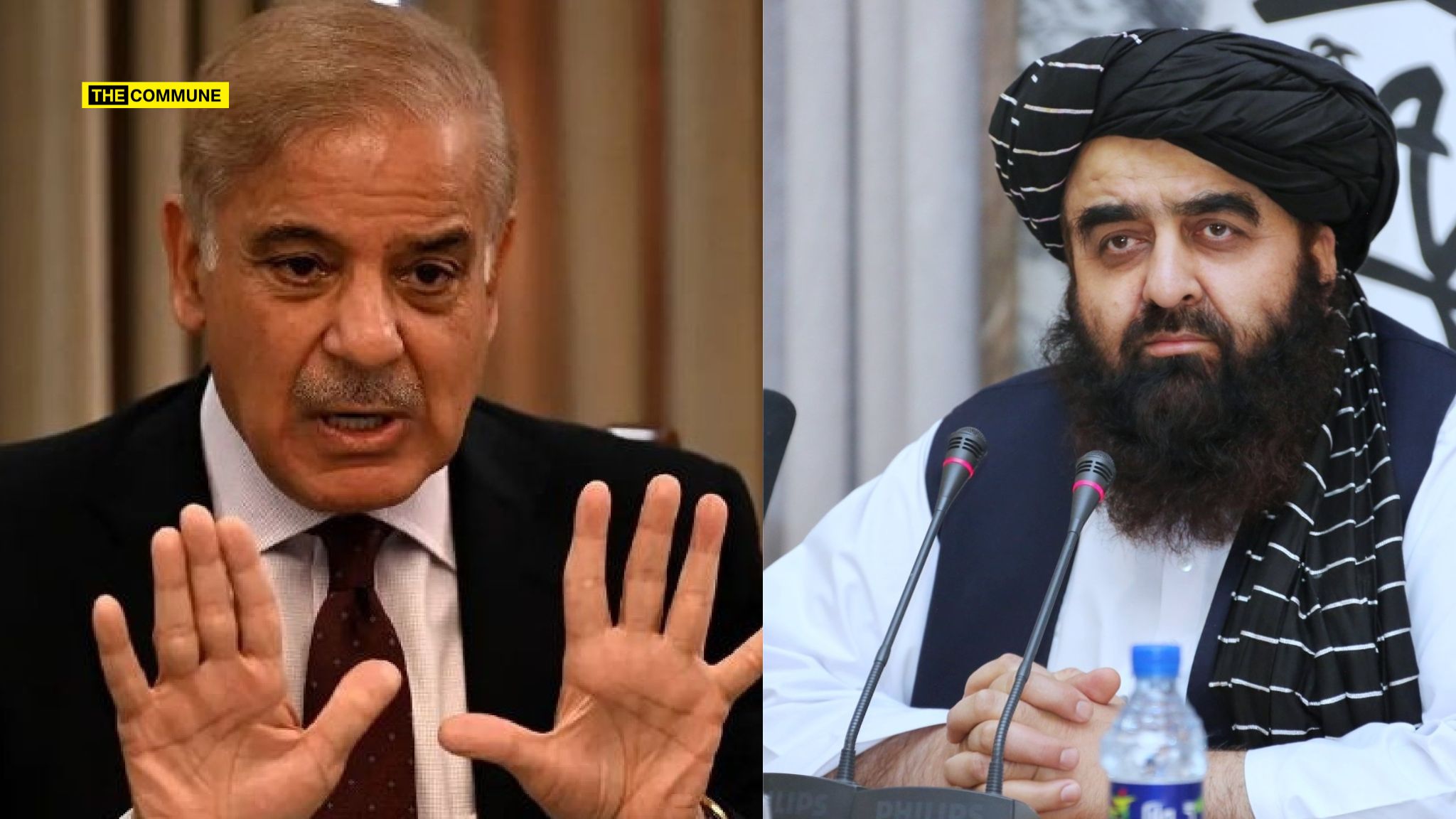
India meeting the Taliban-ruled Afghanistan earlier this week has been giving sleepless nights to Pakistan’s political and military leadership, with several top analysts suggesting that Islamabad should urgently reassess its aggressive approach towards Kabul. On Wednesday, Indian Foreign Secretary Vikram Misri met with the Acting Foreign Minister of Afghanistan, Amir Khan Muttaqi, in Dubai, where both discussed various issues about bilateral relations and “regional developments”.
The meeting took place only two days after New Delhi had severely condemned the recent Pakistani airstrikes on Afghanistan that resulted in the death of 46 people, including several women and children. Calls for a thorough review of Afghan strategy have grown in Pakistan after the Afghan side termed India as a “significant regional and economic partner”. Sources told IANS that closed-door meetings are being held in Islamabad as top officials delve deeper on the country’s future approach towards its much-volatile neighbour. There’s plenty on their plate considering the worsening situation along the Pakistan-Afghanistan border and the growing mistrust between the two countries, coupled with Taliban leaders reaching out to other regional states for collaborations, especially India. “For Pakistan, this should be a wake-up call. We should not forget that India was a major player in Afghanistan before the Taliban takeover. New Delhi had invested about $3 billion in Afghanistan for reconstruction projects and even the northern alliance members have good relations with New Delhi,” said Amir Rana, a strategic analyst.
“Even though the Indians are acting cautiously with the Taliban, things are actually moving forward. This is happening at a time when Pakistan is on the offensive against Afghanistan and our bilateral relations have nosedived tremendously,” he added. Pakistan has called the Tehreek-e-Taliban Pakistan (TTP) a “red line” for the country and repeatedly urged the Taliban-led Afghan interim government to take decisive action against the group. “Pakistan cannot afford a hostile neighbour to its West. One view is that instead of communicating with the people in Kabul, Islamabad can raise the TTP issue with the Taliban leadership in Kandahar as that’s where the real power originates from,” said Rana. “A reference can be taken from a fatwa that the Taliban issued in 2023, stopping its cadres from waging a jihad inside Pakistan. The same can be used to convince the Taliban to move and relocate TTP and other anti-Pakistan groups away from its borders,” suggests the strategic expert.
It is also important to note that Pakistan’s current policy towards Afghanistan, focusing on fewer talks and a more aggressive approach, has certainly not yielded any positive result, so far. In the past, Pakistan has had serious reservations against what it termed as India’s influence and presence inside Afghanistan. And the same concerns can quickly re-emerge if Islamabad continues with its current strategy. “The doors of negotiations are not closed. Pakistan can work through regional states to put pressure on the Taliban to act swiftly on their counter terrorism measures. If relations between Afghanistan and Pakistan sour further, it would add to the already volatile security situation and give more maneuvering room to other countries,” said Rana.
–IANS
Subscribe to our channels on Telegram, WhatsApp, and Instagram and get the best stories of the day delivered to you personally.




